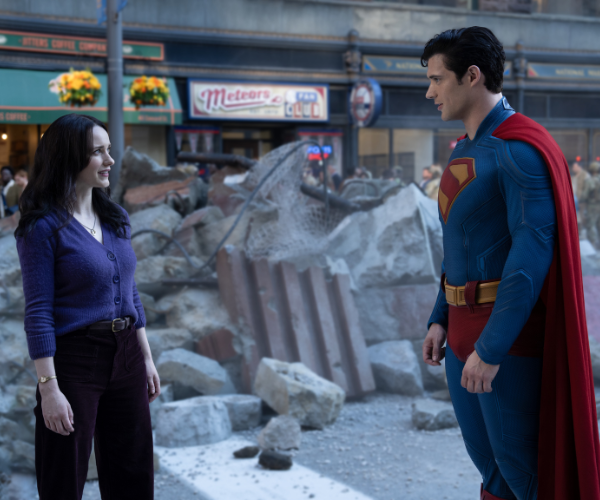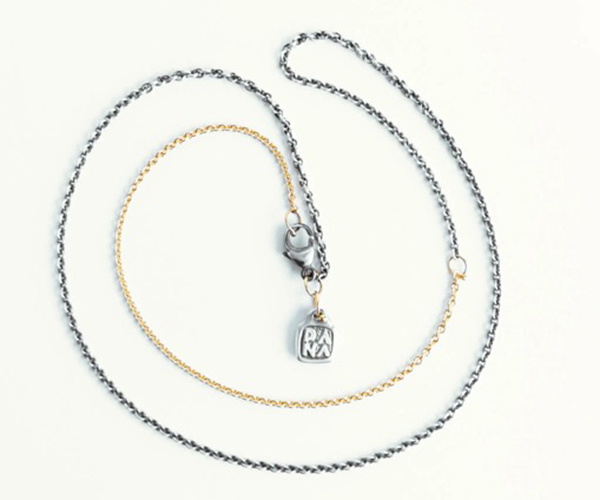For years, the hardscrabble town of Steubenville, Ohio had been known as the birthplace of Dean Martin and Jimmy the Greek as well as the home of the Big Red, one of the most successful high school football programs in the state.
But when true crime blogger and former Steubenville resident Alexandria Goddard learned of two high school football players charged with sexual assault, she unearthed a shocking story of rape culture. Goddard researched and published time-stamped conversations, photos and videos relating to the rape of a 16-year-old girl known as Jane Doe.
Goddard’s documentation went viral, becoming national and international news and splintering the town between victim blamers and supporters of the assaulted girl.
The story found its way to Nancy Schwartzman, a filmmaker with experience in the field of sexual assault prevention. “The more I dug into it, the more elements to the story I found,” says Schwartzman, director of Roll Red Roll, screening at the Cleveland International Film Festival April 2 and 3. “I met Alex Goddard and was so inspired by her. I wanted to show this cultural evidence of a really big problem.”
Through police footage and interviews with students, families and residents, Roll Red Roll documents a divided town with dark secrets. Schwartzman talked with us about the film and the ramifications of toxic masculinity.
Q: You made several trips to Steubenville over a period of four years. What did you learn about the town and its residents?
A: What really struck me about the town was how everyone was affected by this story. It rippled out to the whole community. Initially, everyone was wary because they thought we were only there to show how terrible Steubenville was. We spent a lot of time documenting the good things in the town. There was an easy story to tell and a more complicated story — we chose the complicated story.
Q: Did the film take on a different meaning due to the onset of the #MeToo movement?
A: We started the film before #MeToo began and were editing it just as those stories were coming out. This film is a time capsule of a very specific story that happened at a very specific time. We wanted to tell a story that engages men and boys and invites them to change the culture they inherited and are upholding.
Q: Much of the film is told through the viewpoint of Alexandria Goddard. How important was she to uncovering this case?
A: She had spent time there [in Steubenville] and felt tied to the area. Alex had the foresight to track all the social media to see what all the boys were saying and how they were behaving. She showed the way it was joked about. The social media showed the cultural climate.
Q: Who should go to see this film?
A: I want survivors to feel empowered by this film, to see how women worked together and justice was served. I want men and boys to be shocked out of their complacency. I want parents to understand this is the culture all our kids are living in. I want the film to invite people to engage with this issue and be part of a solution.




